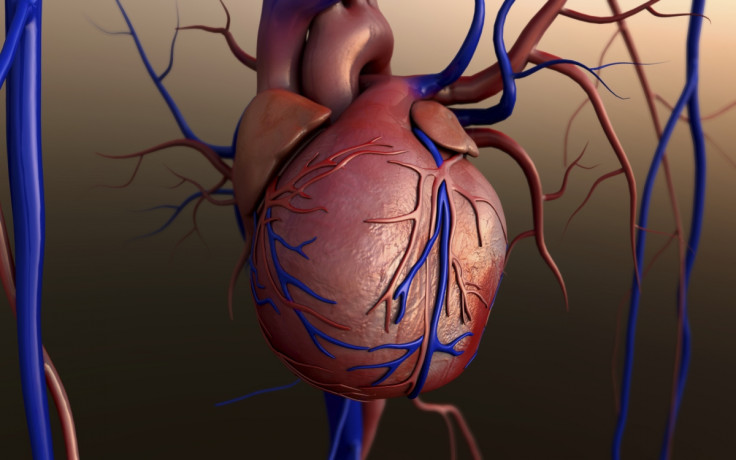Xenotransplantation: Baboon with heart of genetically modified pig lives for two years

A baboon with the heart of a genetically modified pig has survived for over two years, the longest length of time recorded for such a procedure. Scientists used an immune-supressing drug, to prevent organ rejection, in an experiment they say could one day provide a "transformative therapeutic option" for thousands of people waiting for organ transplants.
Using organs from one species to transplant into another, known as xenotransplantation, has the potential to transform healthcare by providing organs where there is currently a huge shortage. However, a huge obstacle that must be overcome is preventing rejection. Cross-species transplants are normally rejected by the recipient.
At present, scientists are working to prevent rejection by genetically modifying the donors' genes and creating immune-supressing drugs for the recipient, the immune system sees the new organ as a foreign body and destroys the transplanted tissue. Previously, the record length for pig-baboon xenotransplantation survival was between 179 to 236 days.
In a study published in Nature Communications, researchers from the US used hearts from pigs that had been genetically modified to allow for better immune tolerance among the recipient baboons. The hearts were not transplanted into the baboons, but were connected to their circulatory system.
Paving way for human trials
The baboons were treated with a drug regime specially designed to prevent rejection. Five of the baboons that received hearts survived for as long as they were kept on the drug therapy, with a maximum of 945 days. The average survival was 245 days. After stopping the drug treatment, hearts showed normal rejection patterns.
Researchers conclude that genetic modifications, combined with their drug regime, consistently prevents rejection, "sustaining long-term cardiac xenograft survival beyond 900 days".
Further improvements to the method will be required to achieve consistent performance of the transplanted hearts and more studies will be needed to confirm the current findings. If successful, the results could pave the way for clinical trials in humans, possibly those suffering end-stage organ failure.
"The approaches described here could help translate xenotransplantation of the heart and other organs into a potentially transformative therapeutic option for the thousands of transplant candidates who may benefit from the timely availability of a porcine organ," they wrote.
Corresponding author Muhammad Mohiuddin told IBTimes UK: "Our next step is to replace a baboon heart with the pig heart to see if it can sustain life. We have started these experiments already and if we get results close to what we achieved so far then we will progress to human clinical trials. I anticipate we will figure this out within next few years."
© Copyright IBTimes 2025. All rights reserved.






















